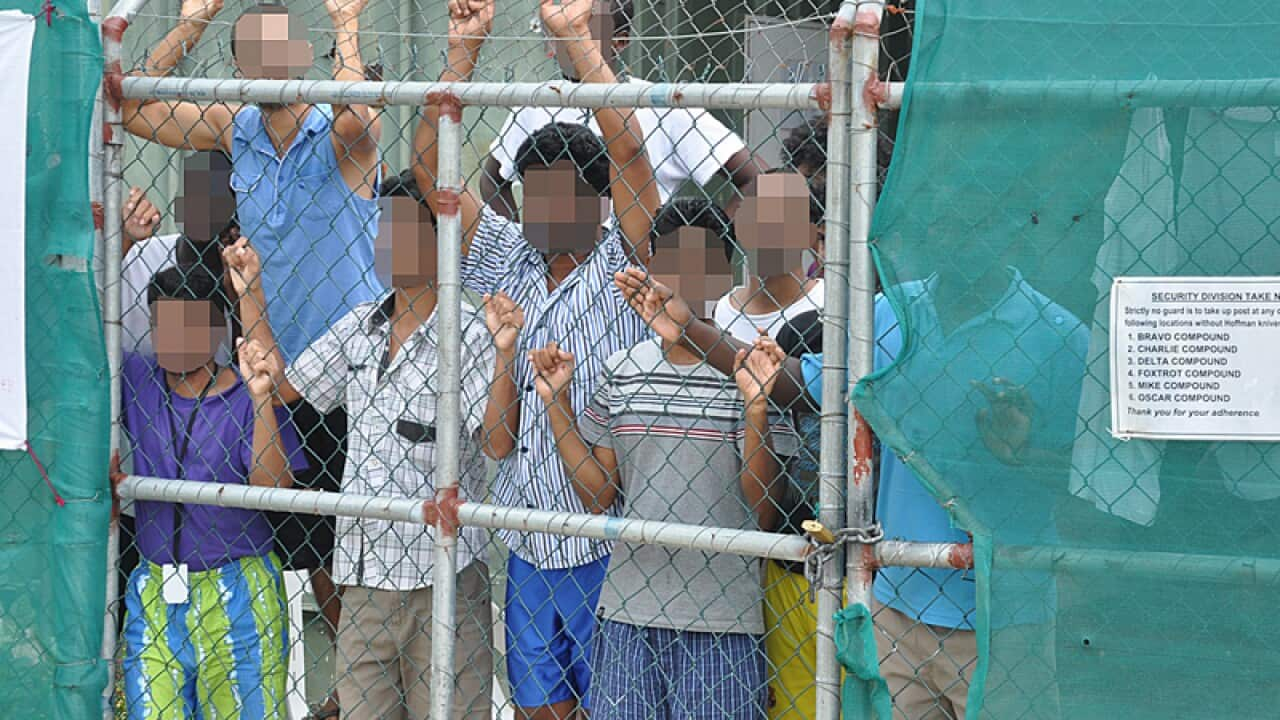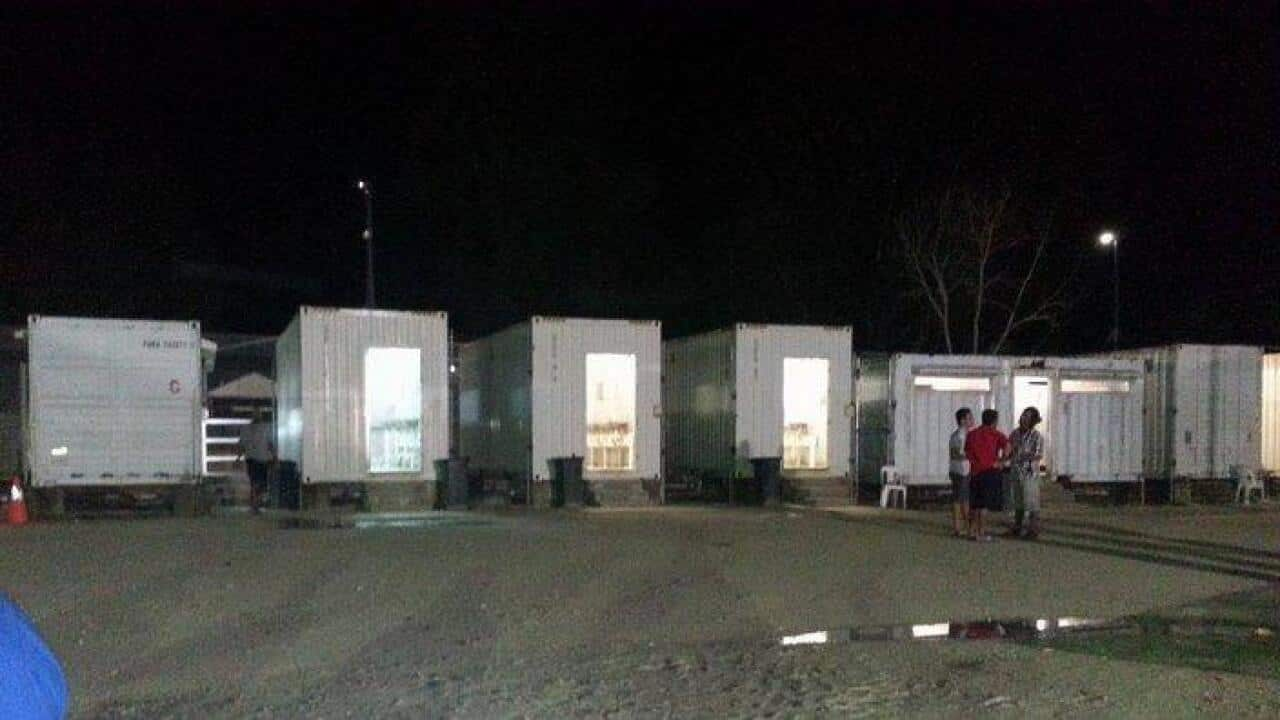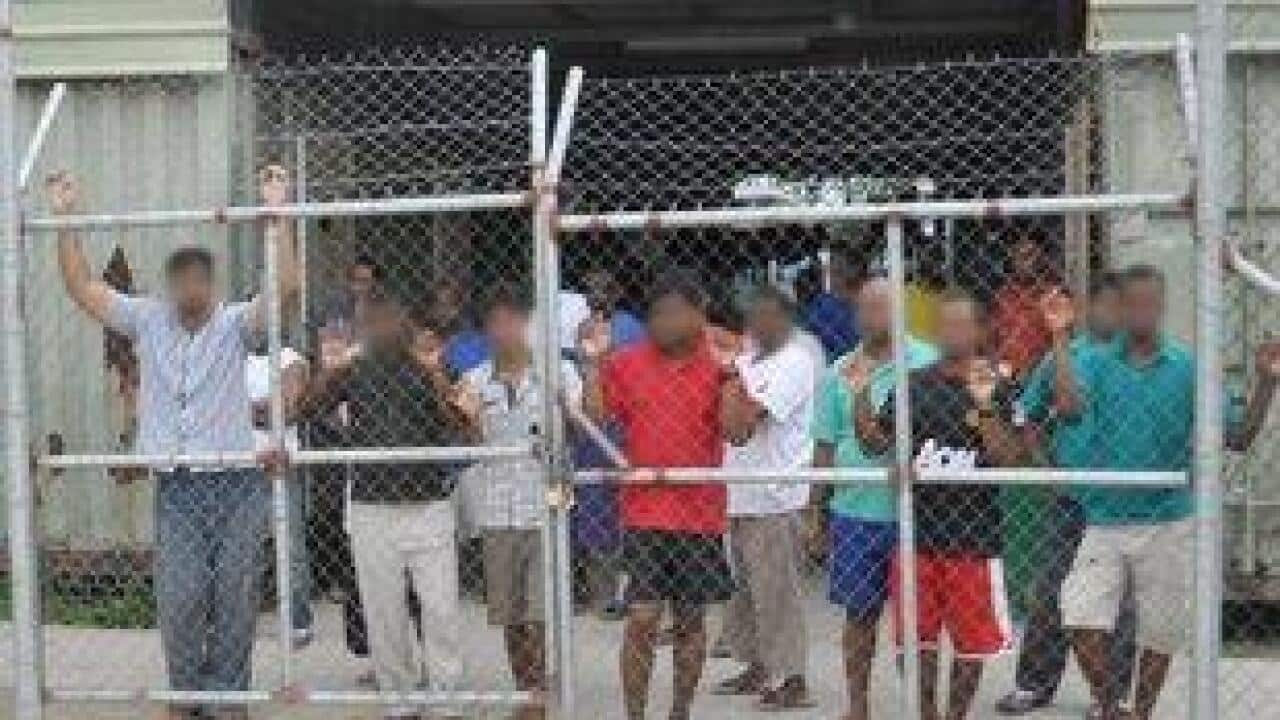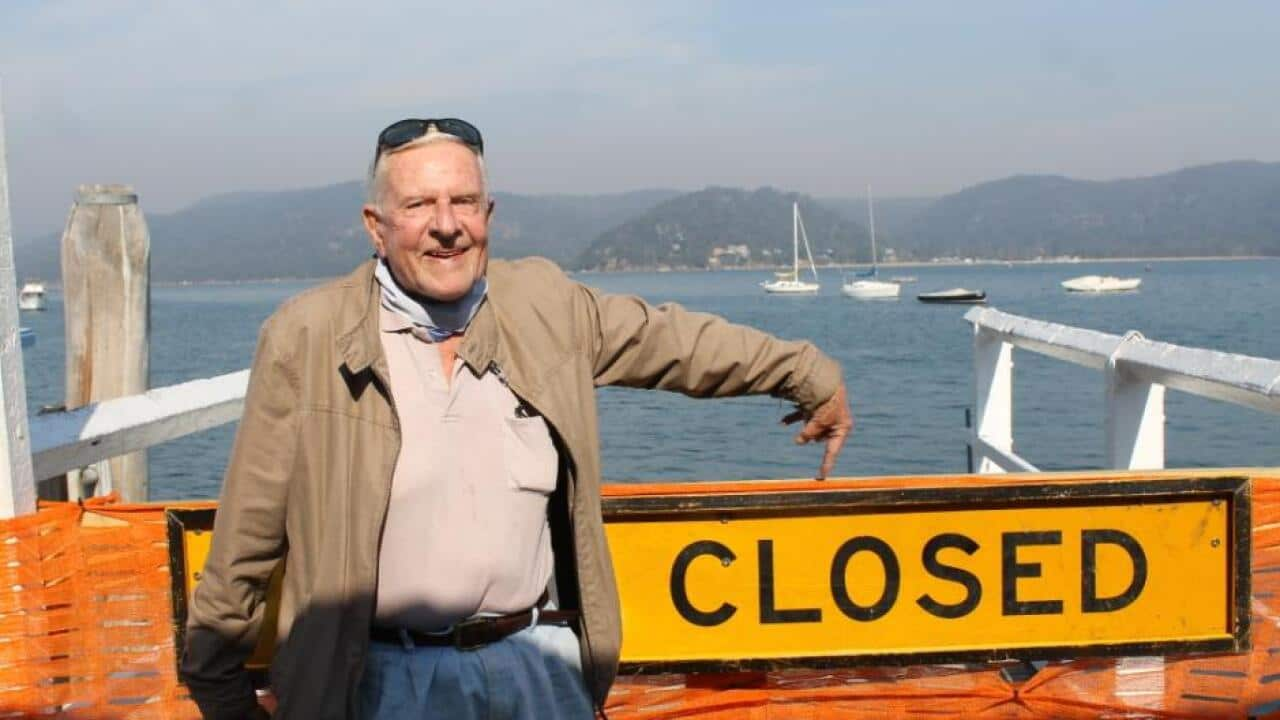A Manus detainee has alleged the hundreds of inmates are regularly given drugs to 'calm them down' on the island.
Abbas, who only provided his first name out of fear of reprisals, accused security personnel at the Manus asylum seeker processing centre of deliberately provoking detainees before sending them to the centre's hospital where he claims they're given medication that: "calms them down to the point they're not able to walk."
"[Security officials] make us upset. They treat us like they want to provoke us into problems, to hit a security guard, for example, or to swear at him, until a car comes and takes us to HMS, the medical centre,” he told SBS.
When they reach the medical centre, he said detainees were given pills, which Abbas believed were a type of tranquiliser.
"The person comes back unable to walk, he goes directly to sleep," he said.
"The situation repeats the next morning: emotional distress, can’t eat, can’t drink, screams, hits himself, and that happens in front of [security]. They walk by, laughing."
It is a claim that the Department of Immigration and Border Protection denies.
"The department refutes the allegation that individuals in the Manus Regional Processing Centre are routinely prescribed pills to 'calm them down'," a spokesperson told SBS News on Monday.
Abbas said many of the detainees in the centre had been given the medication.
BACKGROUND STORIES

No third country option for Manus refugees
'Two hunger striking friends forced on to drips'
Abbas has also alleged that two of his two friends – an Iraqi and Iranian – are being forced on to drips, one stopped eating more than a month ago and the other 20 days ago.
"They force them not to be on hunger strike," Abbas said.
“They give them a nutrient or something, so nothing happens to them like dehydration, or hunger-strike symptoms because they’re not eating or drinking."
He said the strikers kept to themselves: "Totally withdrawn, don't go out."
Abbas said the Iraqi man was in the same areas he was, but his Iranian friend had been placed in the "green zone", an area, he explained, was designated for the most vulnerable asylum seekers. Doctor visits are not regular and detainees' conditions worsen if they're treated by psychologists, he claimed.
Doctor visits are not regular and detainees' conditions worsen if they're treated by psychologists, he claimed.

Refugees detained at Manus Asylum Seeker Processing Centre, PNG. Source: Eoin Blackwell / AAP
"If we see them, our emotional health worsens because after three years we can predict what they want to say.
"They say, 'this is up to you, if you want to suffer it is up to you, you want to kill yourself, there's no problem, we can't do much, we give you the medication, we give you the advice, then it is up to you'."
The spokesperson for the Department of Immigration and Border Protection told SBS the department was aware that a small number of residents at the centre were: "engaging in voluntary food and fluids refusal".
When they refuse, service-provider staff engage with them to attempt to identify and address their concerns.
"Residents of the Manus Regional Processing Centre undertaking voluntary food or fluid refusal are provided regular advice by the department's contracted health service provider including being offered counselling and regular physical checks," the spokesperson said.
"Where appropriate a person may be admitted to hospital where a general practitioner, nursing and mental health care clinics are open seven days per week and after-hours medical-staffing to respond to any after-hours medical emergencies."




